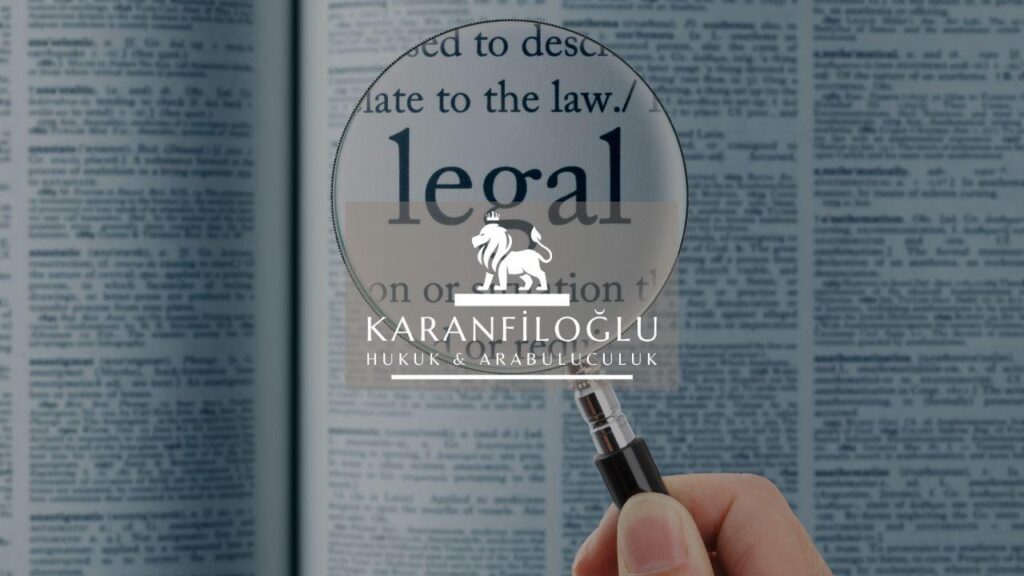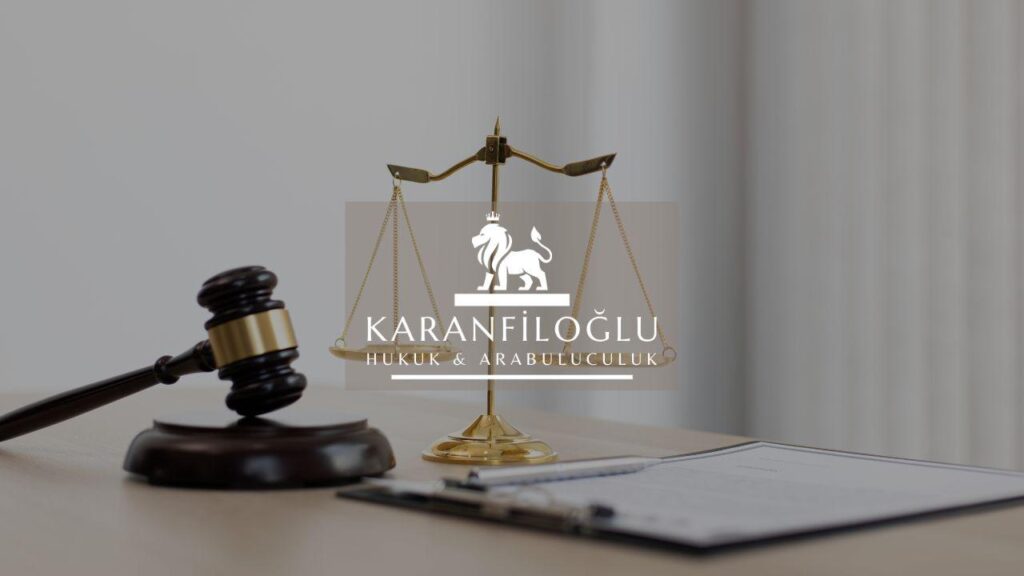Navigating the complexities of shipping laws in Turkey is essential for businesses involved in maritime operations. Regulated primarily by the Turkish Commercial Code (TCC) No. 6102 and the Turkish Maritime Code (TMC) No. 815, the legislative framework governs various aspects such as ship registration, maritime liens, and the liability of shipowners. At Karanfiloglu Law Office, we specialize in offering expert legal counsel tailored to the intricacies of these regulations, ensuring compliance and smooth maritime operations. Whether dealing with shipping contracts, charter agreements, or disputes, understanding the relevant articles within TCC and TMC is imperative for protecting your interests and navigating legal complexities effectively.
Overview of Key Turkish Shipping Regulations
The Turkish Commercial Code (TCC) No. 6102 serves as the cornerstone of Turkish shipping regulations, focusing on essential areas like ship registration, maritime liens, and shipowner liability. Article 931 of the TCC stipulates the conditions for registering ships under the Turkish flag, requiring vessels to be Turkish-owned or meet specific eligibility criteria. Concurrently, the Turkish Maritime Code (TMC) No. 815 addresses nuances of maritime operations, including maritime liens and the hierarchy of claims, as defined in Article 1234 of the TMC. At Karanfiloglu Law Office, we emphasize the importance of these regulatory frameworks in facilitating smooth and compliant maritime activities, guiding our clients through every legal nuance to safeguard their maritime interests.
A critical aspect of Turkish shipping law is the regulation of maritime contracts, including carriage of goods by sea and charter parties. Under TCC Article 1140, the contract of affreightment defines the terms and obligations of both the carrier and the shipper, emphasizing the need for clear stipulations regarding the loading, unloading, and delivery of cargo. Additionally, the TCC outlines specific conditions and responsibilities in time and voyage charters under Articles 1150 to 1175, ensuring transparency and fairness in maritime agreements. Furthermore, the liability of the carrier, as detailed in TCC Article 1188, enforces a stringent regime mandating that carriers exercise due diligence to make the ship seaworthy and properly manned, equipped, and supplied. At Karanfiloglu Law Office, we assist clients in meticulously drafting, reviewing, and negotiating these contracts to ensure full compliance with Turkish regulations and to mitigate potential legal risks in maritime operations.
Another vital component of Turkish shipping regulations is the legal framework governing maritime disputes and arbitration. Articles 1512 to 1520 of the TCC provide comprehensive guidelines for resolving disputes through arbitration, emphasizing the importance of written agreements and adherence to procedural rules. By incorporating these articles into maritime contracts, parties can opt for arbitration as a preferred method of dispute resolution, often resulting in faster and more cost-effective outcomes compared to traditional litigation. In addition, the TMC also addresses the jurisdictional aspects and the enforcement of foreign arbitral awards under Article 1521, thereby facilitating international maritime operations. At Karanfiloglu Law Office, we specialize in navigating these complex arbitration and dispute resolution processes, aiming to safeguard our clients’ interests while promoting efficient and amicable settlements in the maritime sector.
Critical Steps in Resolving Maritime Disputes
Resolving maritime disputes in Turkey requires a thorough understanding of both procedural and substantive legal provisions. The initial step often involves alternative dispute resolution methods such as mediation and arbitration, governed by articles within the Turkish Commercial Code (TCC) and the Turkish Maritime Code (TMC). For instance, TCC Articles 1161 and 1162 outline mediation procedures, which can lead to a quicker and cost-effective resolution. If these methods fail, parties may resort to litigation, where TCC Article 1095 and subsequent provisions detail the jurisdiction and procedural requirements for maritime cases. At Karanfiloglu Law Office, we guide our clients through each of these steps with precision, ensuring that all legal avenues are explored for an optimal resolution.
In litigation, understanding the jurisdictional nuances and procedural requirements is crucial for an effective defense or claim in maritime disputes. Turkish courts with specialized maritime chambers, as stipulated in TCC Article 4 and TMC Article 123, have the authority to hear such cases. Properly drafting and filing lawsuits in these courts ensures compliance with procedural norms and helps mitigate potential setbacks. Moreover, under TCC Article 1143, swift enforcement of maritime liens and ship arrests can secure a creditor’s position pending the dispute resolution. Our experienced team at Karanfiloglu Law Office meticulously handles these intricate procedural steps to safeguard our clients’ interests, ensuring every detail is meticulously addressed from filing to final judgment.
Finally, successful resolution of maritime disputes often hinges on effective enforcement of court decisions and settlements. Under TMC Article 132 and TCC Article 1369, judgments rendered by Turkish courts, including orders to arrest ships, must be executed promptly to ensure compliance and secure the enforcement of maritime claims. Additionally, TCC Article 1375 provides mechanisms for the recognition and enforcement of foreign judgments, a critical aspect for international shipping disputes. At Karanfiloglu Law Office, we not only assist with the enforcement of local and foreign judgments but also offer expert advice on negotiating settlements to attain the best possible outcomes for our clients. Our comprehensive approach ensures that each step—from dispute initiation to enforcement—is conducted with strategic foresight and legal precision.
The Role of Turkish Lawyers in Maritime Law
The role of Turkish lawyers in maritime law is multifaceted and indispensable for businesses navigating the maritime industry. Specialized legal counsel ensures compliance with the intricate web of regulations established under the Turkish Commercial Code (TCC) No. 6102 and the Turkish Maritime Code (TMC) No. 815. Articles 821 and 823 of the TCC elaborate on ship registration procedures and the implications for ownership and financing, while Article 1014 outlines the framework for maritime liens and the prioritization of claims. At Karanfiloglu Law Office, we help clients mitigate risks and resolve disputes efficiently by delivering expert advice tailored to these specific legal requirements. Our comprehensive understanding of the legislative framework aids our clients in drafting solid shipping contracts, handling charter agreements, and addressing liabilities, thereby ensuring smooth and legally compliant maritime operations.
Furthermore, Turkish lawyers play a critical role in maritime dispute resolution, leveraging Articles 1350 and 1352 of the TMC, which govern the legal processes for collision claims and salvage operations. Whether dealing with claims arising from breaches of charter parties or issues related to cargo damage, our team at Karanfiloglu Law Office is proficient in navigating the complexities of Turkish maritime litigation and arbitration. We guide clients through pre-litigation strategies, settlement negotiations, and represent them in court or arbitration proceedings as needed. Our expertise in interpreting and applying these laws ensures that clients are well-prepared to protect their maritime interests and resolve disputes in a manner that minimizes disruptions to their operations. We also assist in enforcing maritime claims, including arrest of vessels under the provisions stipulated in Article 1369 of the TMC, ensuring our clients’ rights are effectively upheld.
Beyond dispute resolution, the expertise of Turkish lawyers extends to regulatory compliance and advisory services vital for day-to-day maritime operations. Articles 865 and 867 of the TCC, which address ship mortgages and the transfer of ships, necessitate thorough legal oversight to prevent potential pitfalls. At Karanfiloglu Law Office, we provide diligent advisory services to ensure that transactions comply with all requisite legal provisions, safeguarding our clients’ investments. Our legal team also assists with the nuances of labor law specific to maritime employment, governed under Articles 1007 and 1025 of the TCC, ensuring that our clients adhere to regulations concerning seafarer contracts and working conditions. With our comprehensive legal support, businesses can focus on their core operations while we handle the complexities of Turkish shipping laws, guaranteeing a secure and compliant maritime enterprise.
Disclaimer: This article is for general informational purposes only and you are strongly advised to consult a legal professional to evaluate your personal situation. No liability is accepted that may arise from the use of the information in this article.







